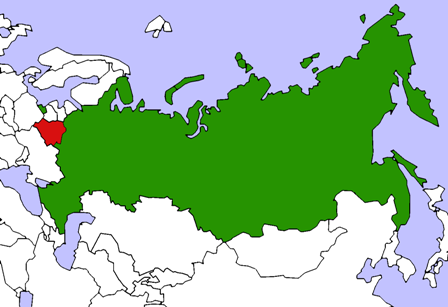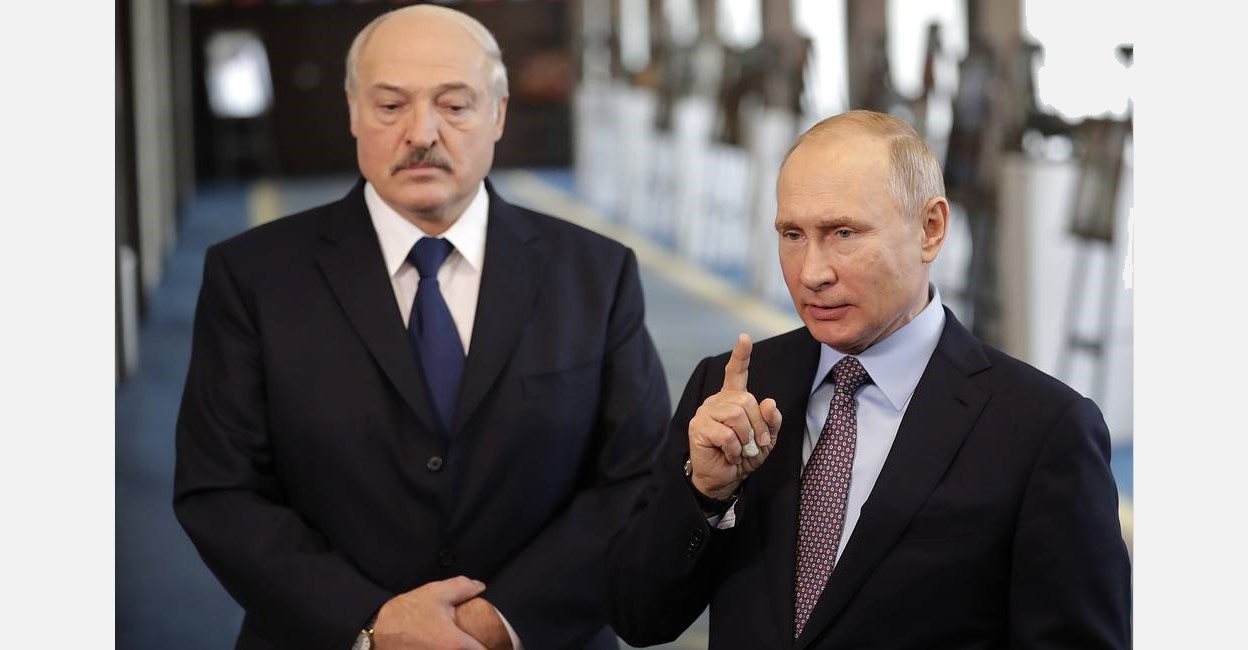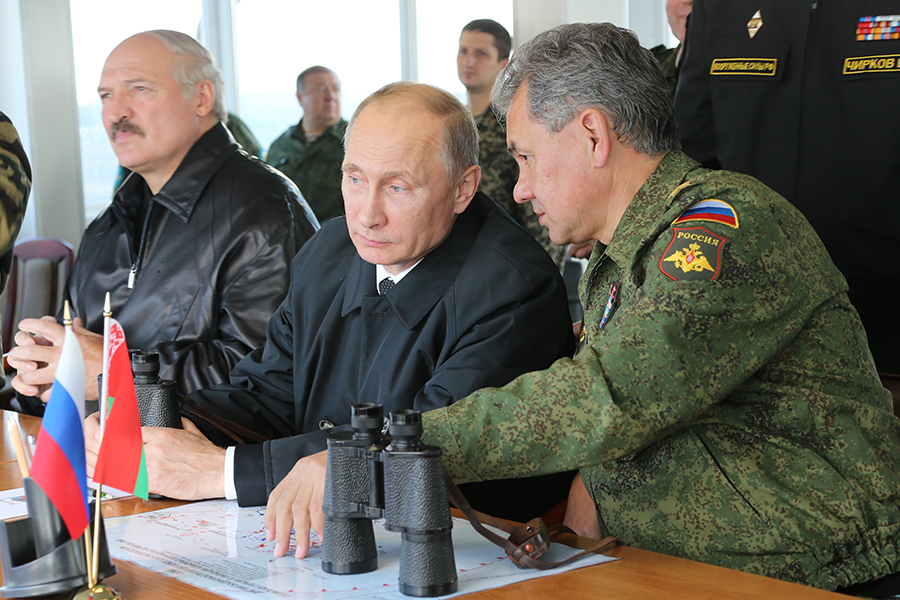Russian actions toward Belarus since 2015 show that Moscow is no longer pursuing the “union deal” it had established with Minsk earlier and instead has placed its bets on the forced integration of its western neighbor into a Russian-dominated state, according to Arseny Sivitsky.
The head of the Minsk Center for Strategic and Foreign Policy Studies says that over the last three years, Russia has conducted itself “in a quite aggressive and unfriendly manner toward its chief ally … despite the fact that Belarus has not violated any of the obligations it has assumed with regard to Moscow.
In pursuit of that goal, Moscow has been deploying “various instruments of pressure,” economic, political and military-security.
Many in Belarus find the Russian actions inexplicable, and they are, within the context of the former “deal” between the two countries. But “if on the other hand, Moscow no longer considers Minsk its ally, then the motives behind the Kremlin’s actions toward Belarus are completely understandable.”
And that is where the situation now is.
In this way, Moscow has effectively scrapped the deal Belarus and Russia concluded in the mid-1990s, a deal in which Minsk agreed not to seek membership in the EU and NATO but rather to integrate into the Russian military-political and economic space and Moscow agreed to provide aid in the form of concessionary prices for energy.
None of that is true now, the security analyst says, and it really hasn’t been true since Moscow invaded Ukraine and annexed Crimea. He adds that in his view, Western sanctions have done nothing to lessen the aggressive nature of Russian foreign policy which is still being set by hardliners.
Such Russians, Sivitsky says, believe that the West will continue to put pressure on Moscow, that no agreement with it is possible, and that therefore “Russia has nothing to lose and must, to the extent its resources permit, push its control outward where possible.” Belarus is an obvious candidate for such an advance.
That is all the more so, Sivitsky says, because “now the policies of Minsk and Moscow in foreign policy are diverging in a significant way: Belarus does not want confrontation, while Russia is interested in it just as it is interested in the immediate inclusion of Belarus in a new confrontation process.”
He says that he expects Moscow to step up the pressure on Minsk further in the near future, indeed as early as next month, and adds that there is ample evidence that “the Kremlin plans to interfere actively in the domestic political life of Belarus in 2019-2020 when presidential and parliamentary electoral campaigns are slated to take place.”
“Unfortunately,” Savitsky says, “in the near term the relations of the two countries will be very complicated.”
“Our chief weak point is our economic dependence on Russia,” the Minsk analyst says, and “the Kremlin uses this.” It is virtually certain that it will do even more in the coming weeks and months, leaving Belarus at a minimum in a very unpleasant situation.
Read More:
- Could Putin’s pseudo-Cossacks on Belarusian border become ‘the little green men’ in Belarus?
- Are Russian oligarchs serving as Putin’s ‘little green men’ in Belarus?
- Fearful of Moscow and his own people, Lukashenka fails to crush pro-Russian march in Minsk on Victory Day
- Putin planning to interfere in Belarusian elections to replace Lukashenka, Sivitsky says
- FSB may be well pleased with Zapad-2017 outcome, Belarusian analysts say
- Struggle for Belarus: Minsk is promoting Belarusianization; Moscow, re-Sovietization
- Is Lukashenka worried about the loyalty of the Belarusian siloviki?





